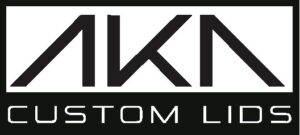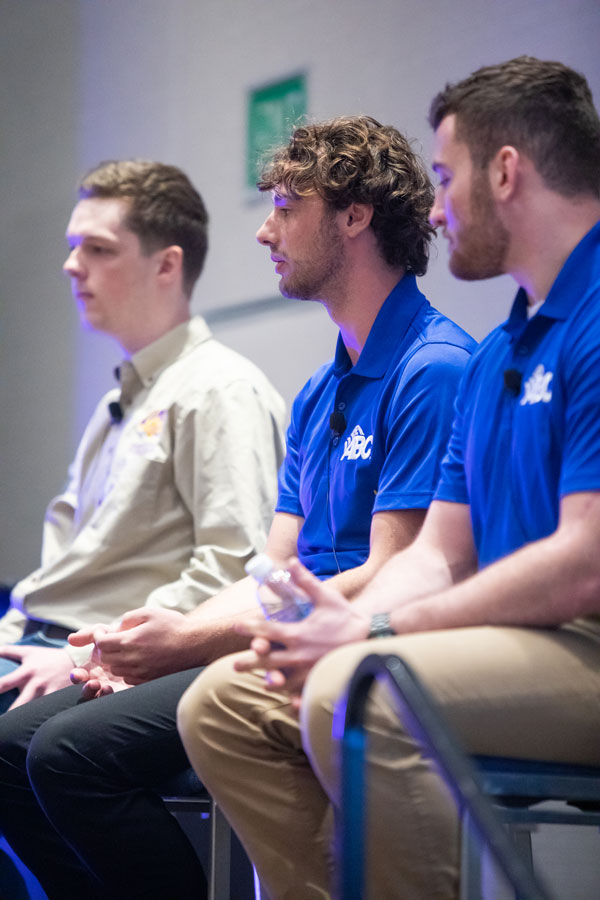Zach Wynstra:
The work life balance as we all know isn’t necessarily a thing that you can really get in construction. I think we all know that. You can try for it and everything else but it’s when you have to be on site you have to be on site; you gotta go over the work is. That’s what I’ve always been used to. I want to travel for another six, seven years because I think you learn a lot more and a lot. You just learned a lot more within those six years than being stationary because that’s all you have to do. Really, it’s not like you can go home and love your hobbies or anything else. There’s the money aspect of it; how they make more money traveling. I think you can advance a lot farther doing that. But by the time I hit 28/29 I’d like to be stationary and start a family one day. I’m not gonna work for the money anymore, because I have money and I hated it and I would much rather have the quality of life within the company than going for the money because you only have so much time. I learned that the hard way and that’s the reason why I went to school. But traveling wise, I like it because I’ve seen a lot of different states a lot of different places and it’s nice. But the financial aspect is huge. I wouldn’t be doing it for just the same salary as being in office because you miss out on family holidays, friends, everything else. I’d say it’s pretty even next for me. The finances definitely have to be there. To be able to do it. I think everyone already kind of knows that.
Camden Johnson:
I’m in a very similar boat as Zach. I built bridges for the summer at Davis Bacon pay; made a lot of money. I can do it just about anywhere and make a lot of money doing it but it’s not about the money. I found that out the first summer doing it that I’d rather be happy in life and be making a lot of money because there’s just more to it and then getting offers here recently, money has been a little bit of it, but more so has been the culture and the people that I will be working with just because if I hate work every day, money can’t fix that.
Kennedy Kramek:
I have a similar approach because even, with the perspective of someone young who’s in college and has like student debt, you can feel pressure like, “Oh, I really need to try to better my future by pursuing this money to get out of this situation.” But I started realizing maybe more of a short sighted outlook to it — and even this past year — looking at internships, I ended up accepting one that was like, way, way less money than one of them because I was like this doesn’t seem like the place I’m going and what I’m going to be doing that’s not what I want for the growth of my career or like what I think I need for like a stepping stone moving forward.














